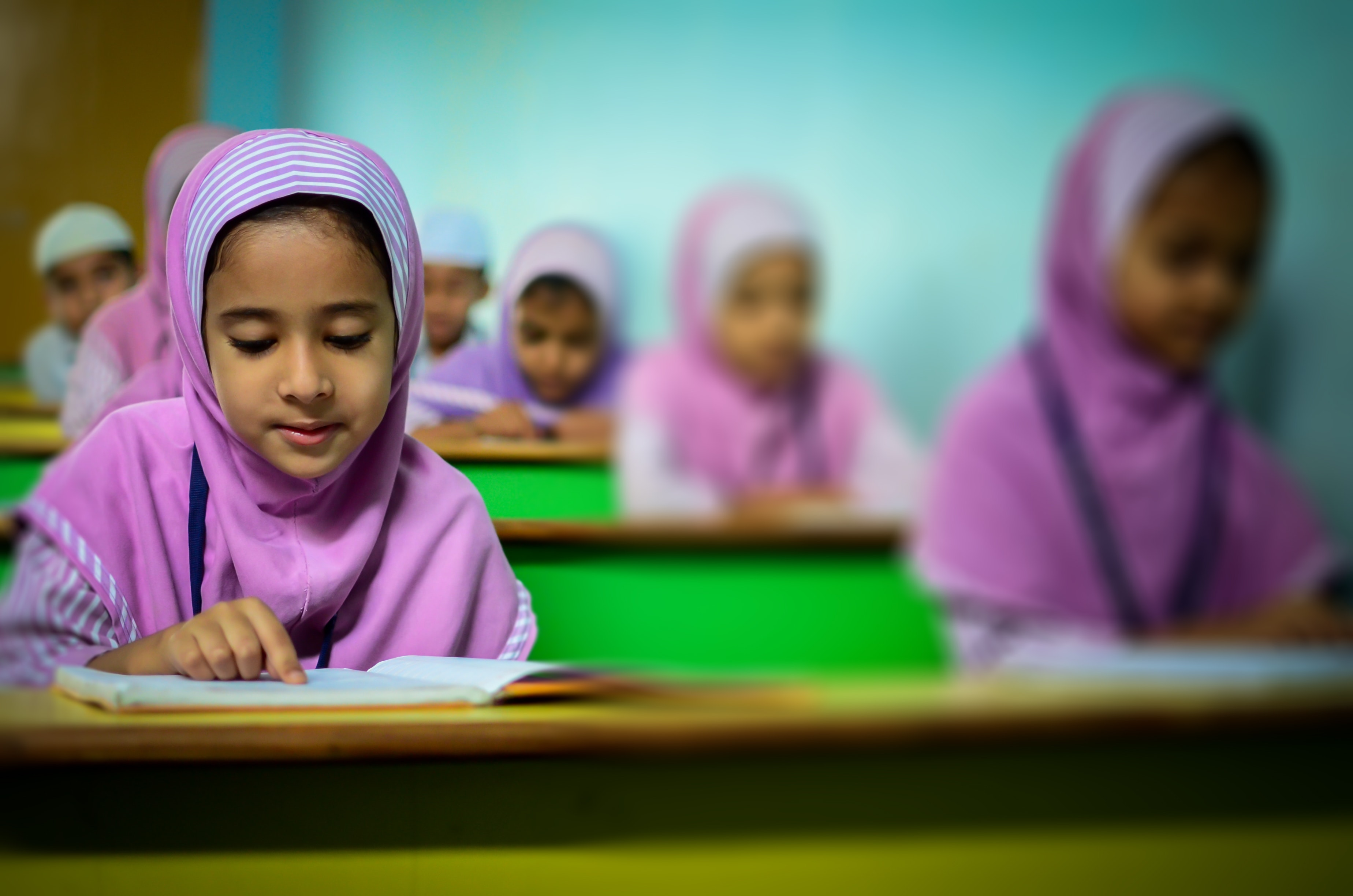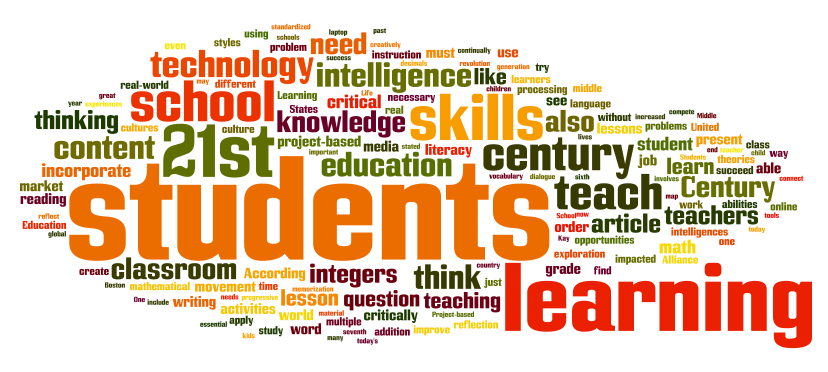Why do we need to change the way we perceive education?
In a short span of fifteen thousand years, humans went from hunting and gathering, to building things like the 3D printing machine, aeroplanes, and the internet. It has been an extraordinary journey for humans to struggle through the tough times and create something sustainable for themselves. Kids these days grow up surrounded by technology. Even schools and educational institutes are trying to adapt this by introducing technology in the academic curriculum.
Today, in order to survive more than to succeed in our respective domains, we require skills that weren't required in the agrarian or industrial era. With the advent of technology, we are living in a world of abundance and choices; should you consider it a blessing, think again. The world has become one global community, making communication and collaboration easier and more necessary than ever. The skills that are required in the 21st -century and called the 21st -century skills.
There is a gap between what the corporates expect out of fresh graduates and the skills that the youth has, in recent times. A study suggests that around 45% of employers globally and 56% of them in India report that they cannot find the candidate they look for, with the right skills.
In fact, it is said that around 65% of employers will have to train students and potential candidates in order to train them for the 21st -century. In order to bridge this gap, necessary skills will have to be inculcated in learners at an early stage.
21st century defines uncertainty. The very nature of jobs is changing tremendously with technology and hence, we also have to brace ourselves for uncertainty. Since the entire spectrum is rapidly altering, careers of the future would not be mainstream and will demand the 21st-century skills. Laszlo Bock, who is in-charge of hiring at Google says that the company looks for soft-skills like leadership, humility, collaboration, adaptability, and loving to learn and re-learn.
When a person acquires these 21st century skills, it gives them an upper hand when looking from the employability perspective. Consider this – Would you hire someone who is receptive to positive criticism and believes in giving one for improving the organisational space or someone who are merely inflexible?
Governments around the world are focusing on 21st-century skills and education and improvising on their policies to fill the gap, but, unless they are looking at this from the sustainability point of view, we will be losing out on a few important elements. According to the United Nations Economic Commission for Europe, sustainable education can enable the youth to take decisions on their own and understand how those decisions will affect them and the future generations.
There are two ways to bring about or implement change in the Indian education system today; One is the quality of teachers, who are directly instigating and facilitating the students. The second one is to work on strengthening the curriculum in the form of syllabus or content, designing better lesson plans for teachers so that it's lucid and the teacher can focus on delivering quality content, and including activities and firsthand experiences of what the students are studying in the classroom.
Speaking of students or learners, we know that there isn't just one type of learner in a classroom. The teacher has to keep in mind every student and their learning profile while teaching. Therefore, standardising content and curriculum might help most of the students, but would also miss out on some.
Instead of a teacher-guided experience, our education system needs student-led application with the teachers' role redefining to that of a mere facilitator.
We at Brainwiz are using the pedagogies that affect the 21st-century skills and socio-emotional learning of students directly. With focussed intervention through analysing the progress made by students at various steps, we not only design programs for enhanced learning outcomes but are also able to provide key insights to the institution for their future programs. Our online learning platform for learners and capacity building programs for educators ensure that the learning is continuous and sustainable.




